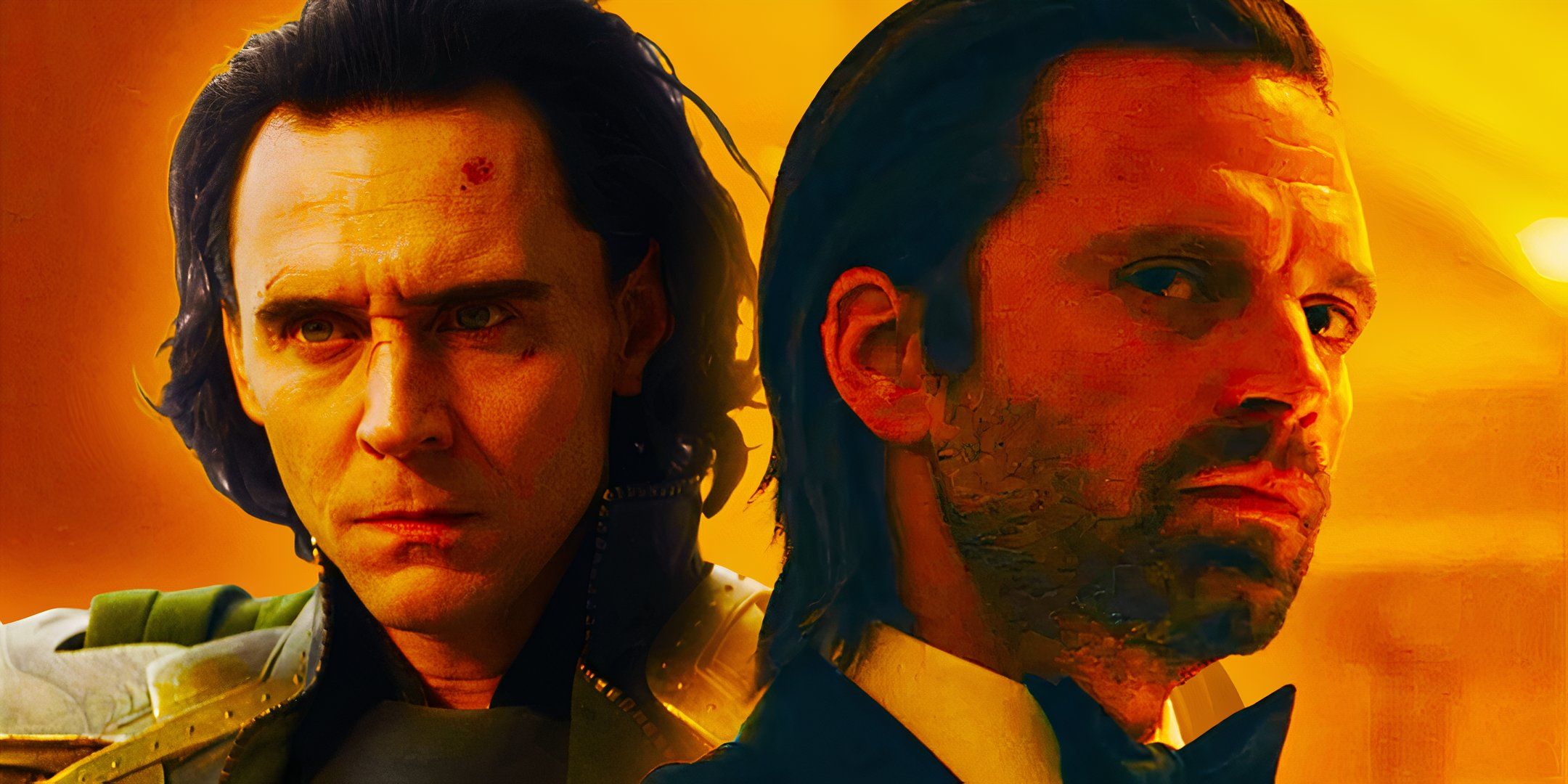The Enduring Appeal of Suicide Squad: Analyzing the Antihero Team’s Impact on Pop Culture

Few teams in the DC universe evoke as much debate and fascination as the Suicide Squad. Their blend of iconic antiheroes, unpredictable missions, and dark humor has cemented the group’s legacy in comics, animation, and live-action films. In this article, we examine the factors behind Suicide Squad’s popularity, the chemistry between its cast members, and the story’s lasting cultural impact.
From Comic Origins to Summer Blockbuster
The Suicide Squad first appeared in DC Comics as a clandestine government team composed of convicted villains. Under Amanda Waller’s leadership, these criminals embark on missions so dangerous that survival is never guaranteed. The premise, blending redemption arcs with explosive action, quickly gained traction with fans.
In 2016, Suicide Squad leapt onto the big screen with a star-studded cast. Will Smith (Deadshot), Margot Robbie (Harley Quinn), Joel Kinnaman (Rick Flag), and Viola Davis (Amanda Waller) anchored the team. The film promised dark thrills and dynamic character interplay, solidifying the franchise’s status in pop culture.
Star Power: The Will Smith and Margot Robbie Effect
Much of Suicide Squad’s appeal comes from the dynamic performances of its actors. Will Smith and Margot Robbie had already demonstrated their chemistry a year before Suicide Squad while starring together in the 2015 film Focus. In that underrated thriller, critics praised their effortless banter and charisma, foreshadowing the energy they'd bring to their DC roles. Their connection elevates every scene they share, whether as partners-in-crime or unlikely allies.
Interestingly, their on-screen relationship nearly went a step further. Director David Ayer originally considered a romance subplot between Deadshot and Harley Quinn—something that ultimately didn’t make the final cut. Despite this, glimpses of deeper bonds and backstory added layers to their complex characters. To learn more about their pre-Suicide Squad collaboration and behind-the-scenes insights, you can read about their journey on CBR.
Critical Reception: Great Casts, Mixed Results
Despite its all-star lineup, Suicide Squad received mixed reviews. The film’s visuals and cast chemistry drew praise, but critics frequently cited inconsistent tone and muddled storytelling. The impact of studio interference loomed large, affecting the narrative flow. A detailed op-ed from ScreenRant explains how the movie’s star power couldn’t overcome these script and pacing issues.
Yet, the film’s flaws didn’t stop it from spawning sequels, spinoffs, and a passionate fanbase. Margot Robbie’s portrayal of Harley Quinn, in particular, sparked widespread admiration and cemented her status as a modern pop culture icon.
The Comics: Complex Villains, Redefining Redemption
The Suicide Squad is more than just action and humor. The original comics delve into deep, often uncomfortable questions about morality, loyalty, and the possibility of redemption. Take Deadshot, one of the team’s most compelling members. His journey in recent comics explores not only his criminal past and brushes with death, but also his ongoing struggle for personal meaning outside Waller’s control. For a detailed look at Deadshot’s intriguing arcs and his resurrection in recent storylines, check out this CBR feature.
These layered stories and gray-area characters are why the franchise continues to attract readers and viewers alike.
Why Suicide Squad Endures
So, why has Suicide Squad maintained its appeal, despite polarizing reviews and creative shakeups? The answer lies in its unique blend of star talent, moral ambiguity, and the thrill of rooting for the underdog. The squad’s missions push both characters and viewers out of their comfort zones. The result is a compelling, unpredictable ride—whether in comics or on screen.
As DC continues to reboot and reinvent its cinematic universe, Suicide Squad remains an essential chapter in the evolution of superhero storytelling. Whether you love every minute of their chaos or prefer the comics’ darker shades, there’s no denying the team’s impact on modern entertainment.
Conclusion
The Suicide Squad brings an edge to the superhero genre that few teams can match. Stellar performances, high-stakes drama, and layered characters keep the franchise relevant across generations. Want to dive deeper? Explore the behind-the-scenes stories, see how star chemistry shapes blockbuster films, and discover why redemption arcs never go out of style in DC’s wildest ensemble.